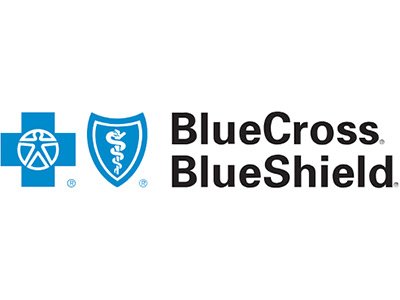Compassionate Thyroid and Hashimoto’s Dietitian Nutritionist in Colorado, Body Image and Nutrition Counseling for Lasting Healing
Take charge, build understanding, and address thyroid problems and Hashimoto’s confidence. At Side By Side Nutrition, our dietitians are dedicated to offering medical nutrition therapy and compassionate care designed to guide you through a journey of lasting healing. Our goal is to empower you to regain trust and freedom with food and your body, fostering a renewed sense of wellness and vitality. Together, we navigate the complexities of a thyroid condition, hypothyroidism, and Hashimoto’s promoting understanding and creating a personalized approach to support your health goals. Step into a life that embraces well-being, and let us be your partners on the path to empowerment and healing.
























Recent “graduate” from Side by Side Nutrition. I started working with SBSN to figure out how food worked after having an eating disorder for years. And I’m so happy I got so much more than that! SBSN introduced me to Self-Compassion and met me with an approach that never included shaming me. I looked forward to our sessions every week, even if I hadn’t done any of my work, because I knew she’d be understanding and work with me to figure out what I needed to make it happen. And none of that compassion and presence was lost when we had to switch to telehealth. When I started, I didn’t think healing from an eating disorder was possible. And I never in my wildest dreams imagined that I’d come out of it with an unshakable love for my body (certainly not a plus size body with chronic illness)! I’m so glad circumstances sent me here because I know I wouldn’t have gotten to this place with my previous dietician! I am STRONG, I am CONFIDENT, and I am in LOVE with myself! Thank you so much for helping me on my journey here! It wasn’t easy, but it was so worth it!
Michaela Myers